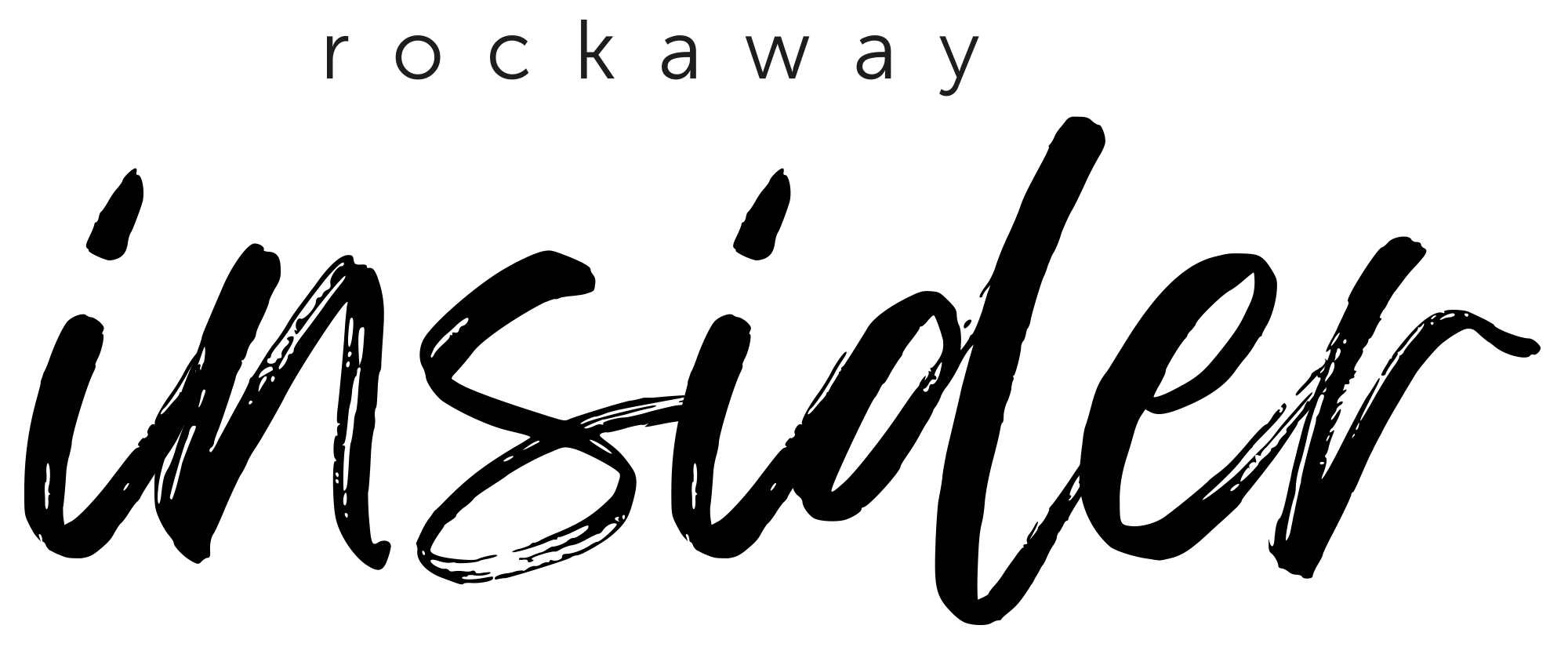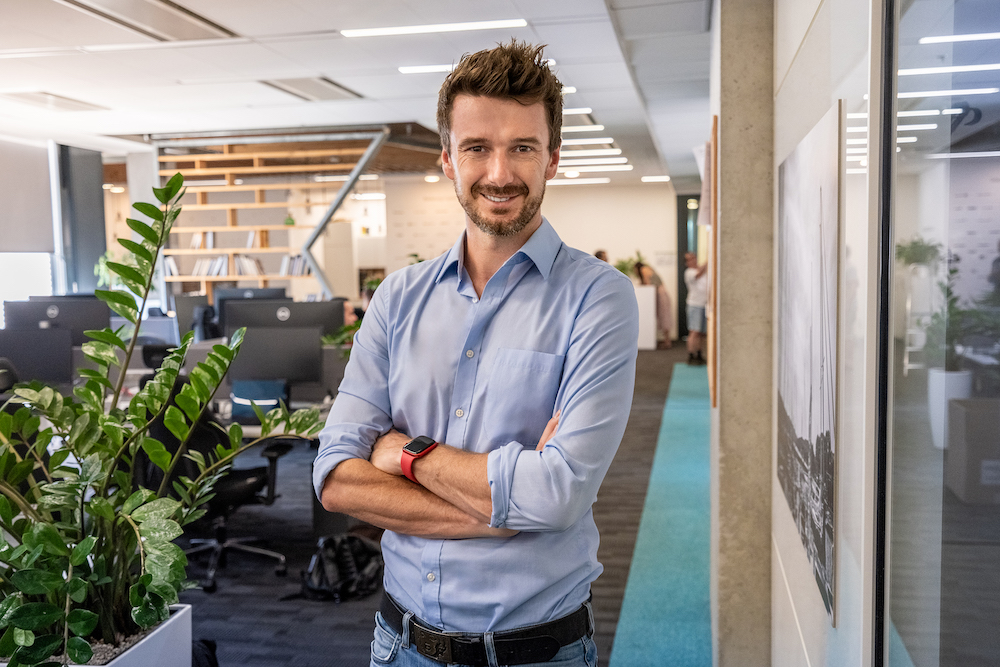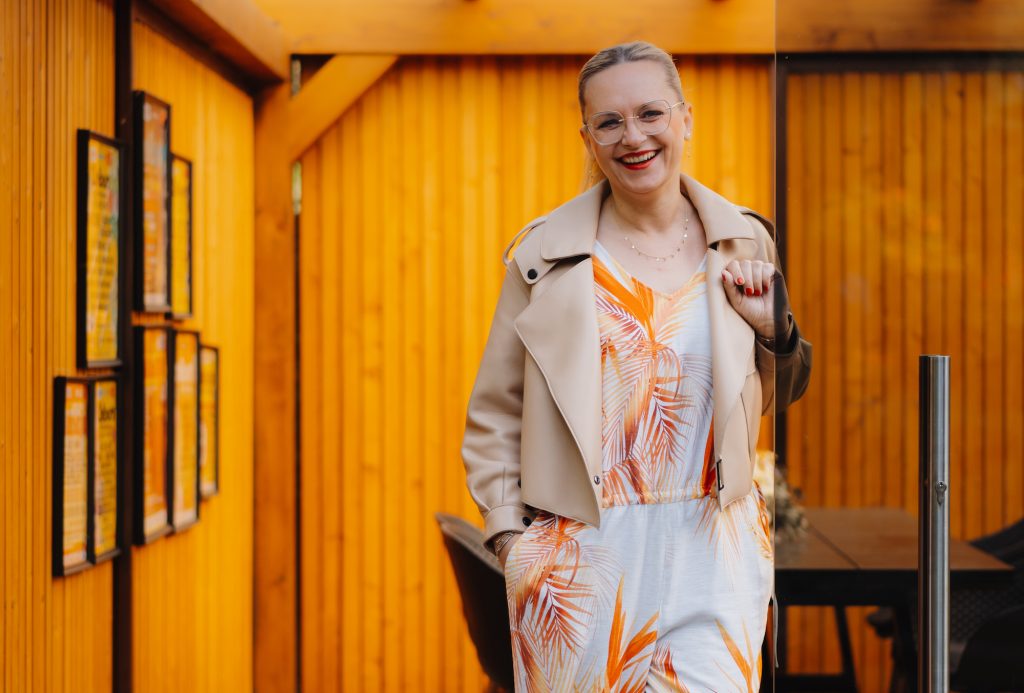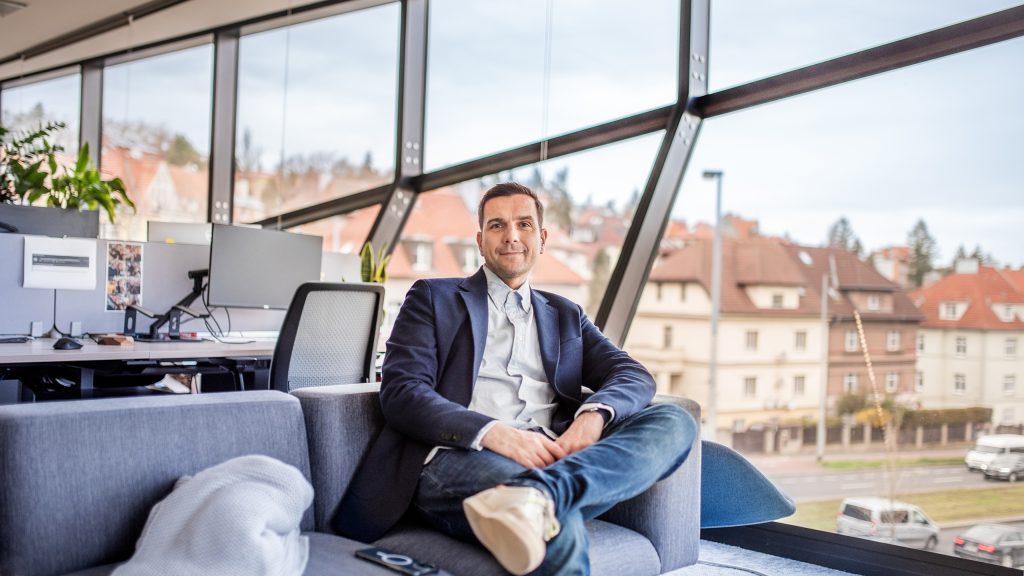All newsRockaway Insider with Jitka Dvořáková, CEO CZC.cz: I don’t want to be a captain, but rather a helmsman
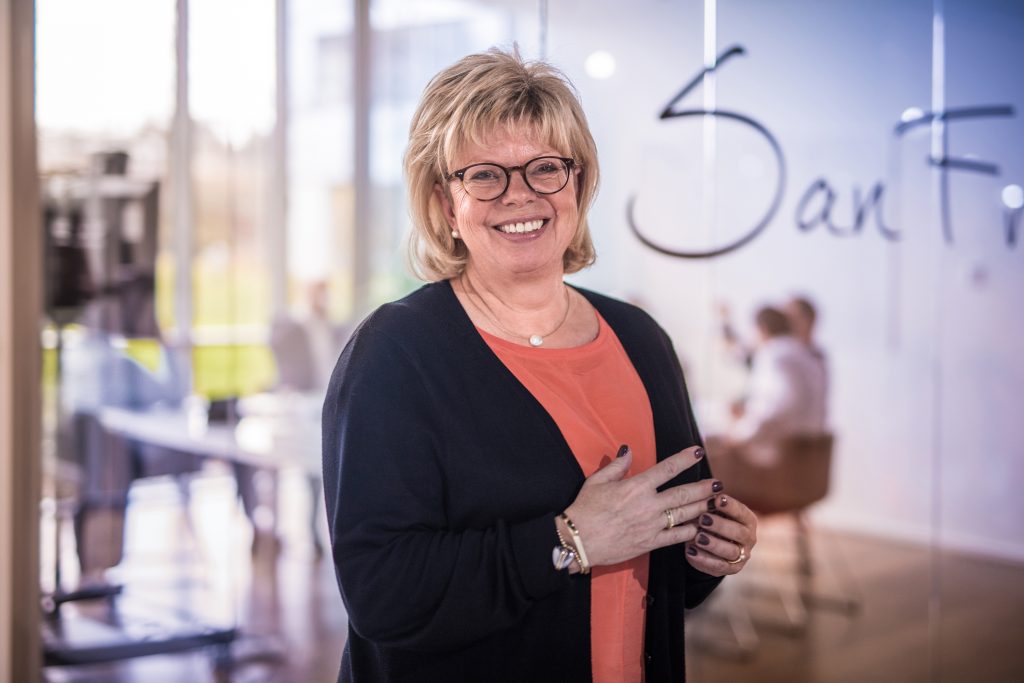
Jitka Dvořáková is the general manager of CZC.cz, known as the “proud number two” e-shop with electronics, and until recently was also MALL Group’s regional director for Slovenia and Croatia. Jitka, who by the way is a passionate traveller, is one of the most successful managers in the Czech Republic and according to Forbes Magazine also one of the 50 most influential women in this country.
What key thing has 2020 taught you?
I recall my fitness instructor telling me, when I was moaning and groaning: “You’re capable of twice as much as you think, three times as much as your mother thinks, and exactly as much as I think. So keep at it.” It’s good to remember this. This year showed that when we mobilize, as we did in the spring, together we’re capable of much more than we ever thought, and that every investment into company culture pays off many times over in troubled times.
I also found out that I am much more conciliatory than I thought. I love travelling, and also have a list of places I want to visit. At the start of lockdown it occurred to me that all is lost and that in the end I won’t be able to see even half of them. Even if all goes well, I’ve got ten years of active life ahead of me where I’ll be able to travel, so I can’t afford to lose, say, two years. But then I realized that the situation is what it is, and that I can’t do anything about it. That’s why I look for little everyday things that make me happy, and before going to sleep I always think of two nice things that happened to me.
What is the number-one rule that you follow at all costs in your business?
That’s changed a couple of times, over the last thirty years, of course. From “we won’t say why something can’t be done, but look for ways it can be done” and “to extract 80 % of potential, it’s enough to have a good strategy, the remaining 20 % is hard work, but is worth it”, to my current rule of the past few years: “I won’t do anything that doesn’t make sense to me, because I’ve got sufficient experience to recognize it”. I don’t want to be a captain, but rather a helmsman – I need to have the consensus of my team, if possible. If I’m incapable of convincing them, they my idea isn’t a good one, if I’ve got the right team, that is, which I do.
One learns from one’s mistakes. What mistake taught you the most, and what, specifically?
There have been several, but none of them is the biggest. We women suffer more often than men from a fear of risk, a “chicken-shit” syndrome, I daresay. But one can’t learn from it, it’s a matter of mentality. I’m on a life’s journey of “little mistakes and little successes”. A big mistake that I’ve made twice in the last ten years was being unable to say no to a requirement for parallel growth in revenue and margin accompanied by a reduction in fixed costs and a poorly configured organization. That’s a fatal combination. I’m not blaming anyone for these expectations, only myself for accepting them. Even when you try as hard as you can and change all the parameters a bit, you can’t fulfil any of them and the result is considered bad in all its parts. Even when we’re aiming for multiple targets, one is always key.
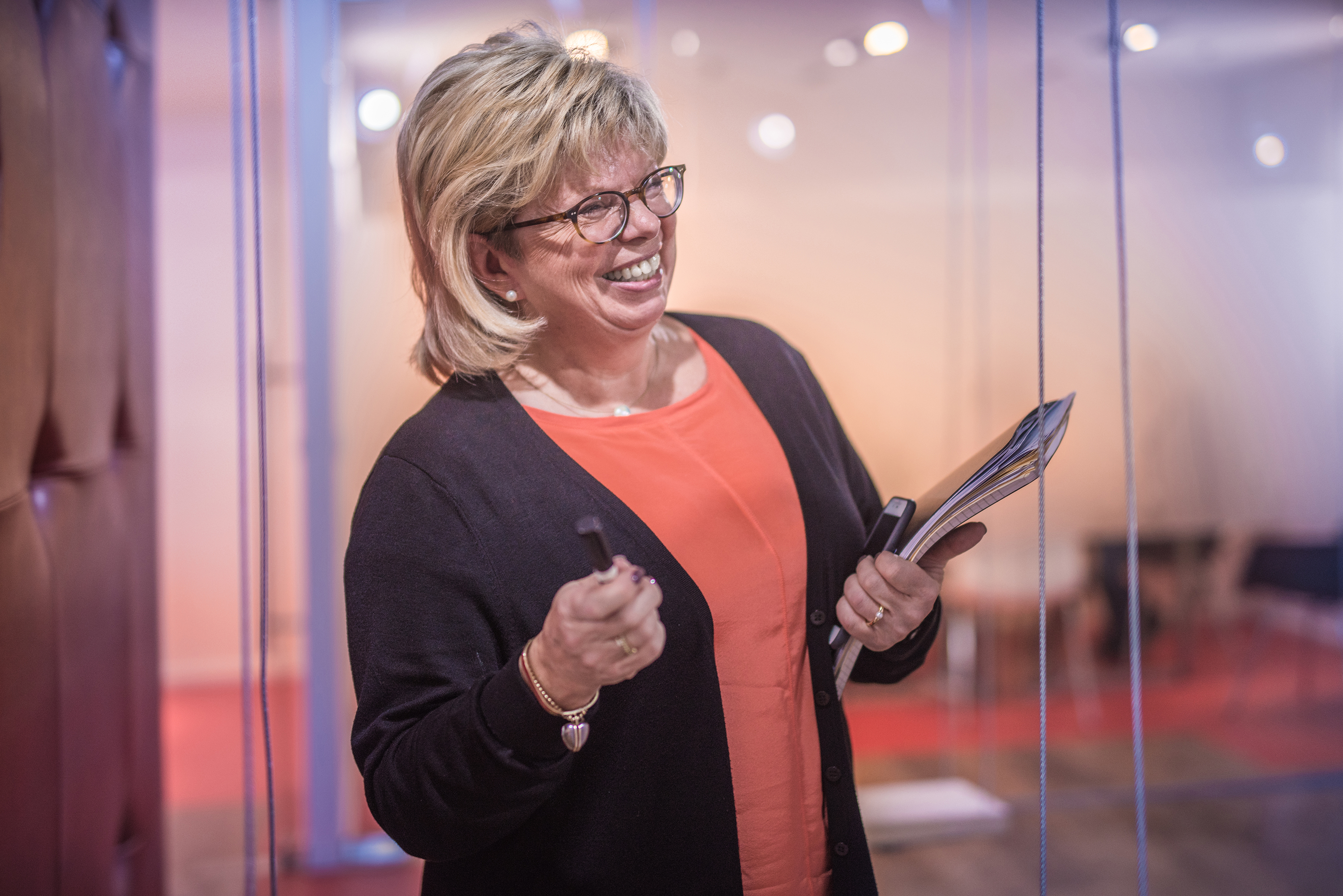
What is your most important piece of advice for new entrepreneurs and start-uppers?
I don’t feel qualified to give advice to new entrepreneurs or start-uppers, I’ve never been in that situation. I’ve always been an employee, plus during the past 20 years none of the companies I’ve worked for has had less than 300 people. Nevertheless, for the sake of their future I’d advise them to not use the word “start-up” as an excuse. Every company that wants to grow has to start planning and counting at a certain stage. I’ve seen lots of new e-shops that made a profit while growing revenues to 100-150 million. But they were mesmerized by “going big”, and that was the end of profits. This can be avoided, but you need to realize that even a start-up is just a company.
What do you consider the greatest benefit of your business for society?
We’re in a sector with very low margins, so we can’t make procedural errors – that’s really expensive. I think that we’re a company made up of hard-working, honest, and mostly responsible people who are constantly trying to refine and fine-tune processes. We believe in fair play and a friendly approach, and for many years we’ve been trying to build a happy (sometimes even merry) but also trustworthy and reliable brand. This year we’ve been paying a lot of attention to the customer experience, even though cost-wise this is complicated for us. So it makes me all the more happy when I see the small little efforts throughout all our departments, but it’s a very long process. We’re proud to be number two, but we’re not afraid to cheer when we happen to pull something off perfectly!
What question are you asked most often, and how do you answer?
People ask me a lot about work-life balance. I respect it, but don’t understand it much. It’s a trend and I represent a generation of workaholics, which I’m not proud of and also don’t force on anyone. But I’ve got it under control. I pay intense attention to both work and leisure. I have a lot on my plate, but voluntarily. If work assumed unacceptable dimensions for me, I can go elsewhere. I’ve always got a choice. And so does everyone else. Those who work for me can always come and tell me that the pace is more than they can or want to handle. I’m always interested in the mental condition of my people and I’m always happy to help them. But the work-life balance requirement seems superfluous to me – everyone should have a built-in ability to manage it.
What life hack helps you most in your work?
Up to the age of 30 I had to live with telex and fax machines, so technology brings me more intense joy, so to speak. Plus I’m possessed with the need to prove to my adult sons that I’m a bigger geek than they are, and yet twenty years ago, at the age of six, Tomáš registered by personal email address for me. The thing that simplifies my life more than anything else is an interconnected iPhone/iPad combination. Over the last almost two years, I drove tens of thousands of kilometres between Prague and Ljubljana, spending over 20 hours a week in my car. I appreciate the fact that I can dictate email, SMS, and WhatsApp messages while driving, use an Apple pencil to sign contracts at gas stations, use an on-line dashboard to monitor revenues and orders, and while stuck in front of a road tunnel due to an accident, can watch a few holes of a golf tournament or a series episode on Netflix.
And another hack? When I need to get myself going and can’t, I’ve got a stack of things on my desk that I can’t stand and I’m putting off, and I take the worst one from the bottom, push myself into spending a half-hour on it, and take care of it. Doing this fills me with the desire to work.
___
![]()
Did you like this interview?
The Rockaway Insider newsletter is published every other Wednesday morning – sign up for it now.
By clicking on “Subscribe” you agree to subscribe to the Rockaway Insider newsletter using the specified e-mail address. You can cancel your subscription at any time directly in the newsletter.
___


